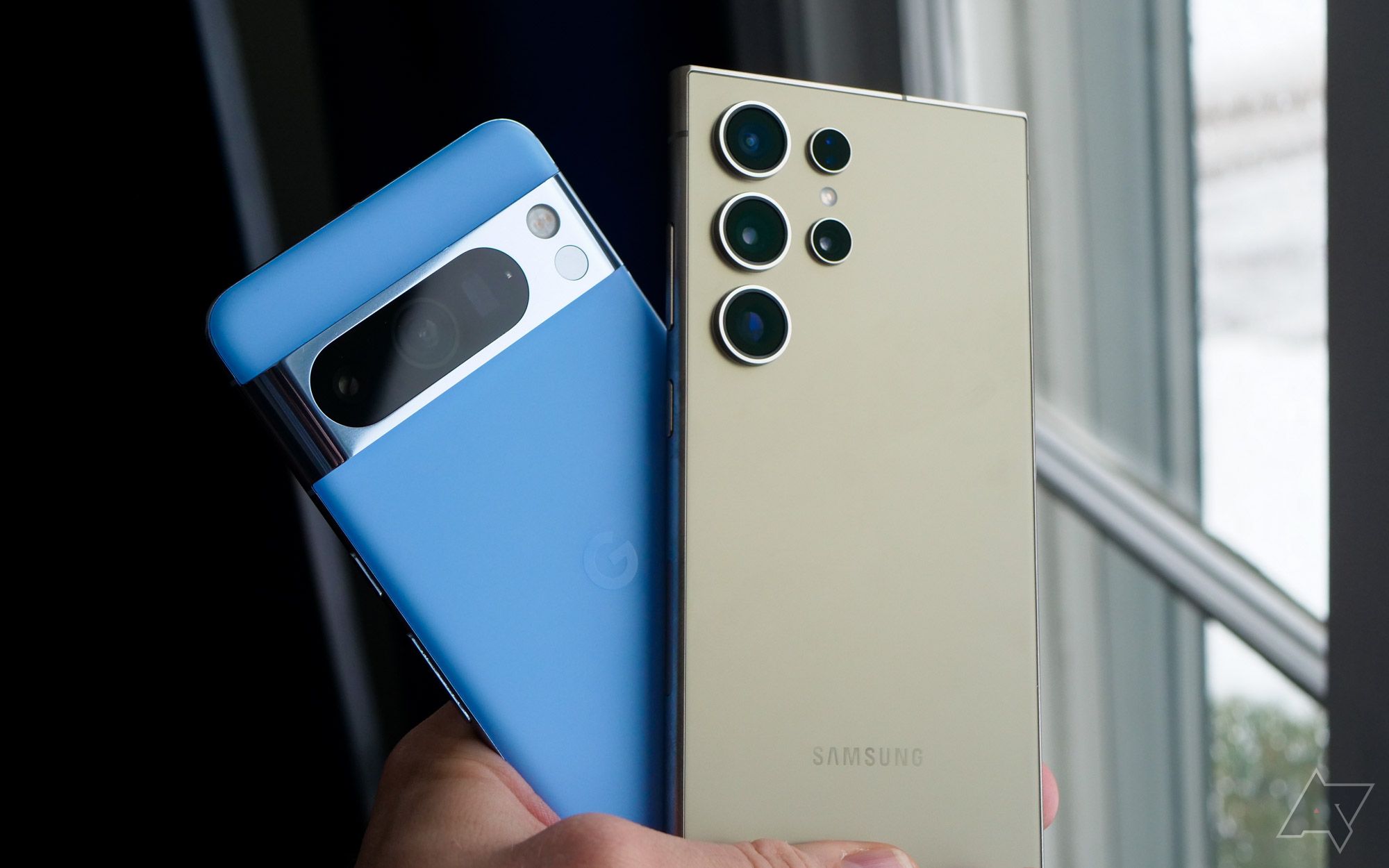
Tech companies tend to follow each other — it’s how we get trends in the first place. Apple, for example, dragged its heels on adding an always-on display to the iPhone; fast-forward a year and half later, and Samsung has a similar experience available by default on One UI 6.1. That’s why it didn’t come as much of a surprise when, just a few months after Google announced the Pixel 8’s policy for seven OS upgrades, the Galaxy S24 series launched with the same promise. But not everyone seems to be on the same page.
This week, OnePlus COO and president Kinder Liu made headlines in the easiest way possible: by comparing these upgrade policies to moldy sandwiches. Liu’s argument — something echoed by eco-minded OEM Fairphone — boils down to this: you can’t promise to keep the software on a smartphone updated when the hardware isn’t designed to hold up for as long. It’s the equivalent of refreshing a sandwich’s fillings (the software) while allowing the bread to get moldy (the hardware).
Sweaty metaphor? Sure. Excuse to not bring more than four Android OS upgrades to the OnePlus 12? Maybe. But he might have a point. Samsung and Google’s promises for software support is uncharted waters for Android, and there’s no way to know how these policies shake out for end users without time traveling ahead to 2031. It’s entirely possible both companies don’t just hold true to their respective promises, but ensure a premium experience for users across the board.
But Samsung and Google both tend to hold features exclusive to new hardware — just think about how many Pixel 8 Pro tricks that didn’t come to the Pixel 7 Pro, or even the Pixel 8. That’s to say nothing of the processing power found under the hood. I’m sure most readers on this website wouldn’t want to rush back to use a Pixel 2 XL in 2024, even if it was running Android 14. We have no idea how Tensor G3 is going to hold up under seven years of use, and there’s no way to know ahead of time.
And, to drive this point home, OS upgrades aren’t what they used to be. Plenty of Android changes — and bugs — come through channels like Play System Updates, or, yes, are locked to a smartphone like the Pixel at launch. Android 14 might’ve arrived day and date with the Pixel 8 last year, but the changes many of us were most excited about actually arrived as Pixel-exclusive features not available to other Android OEMs.
With Samsung and Google on board with this seven year policy, though, I’m curious how important Android updates are to our readers. Is this a must-have for your next phone, or are lesser guarantees from companies like OnePlus and Motorola — which has its own problems keeping devices updated — good enough?
Source link

